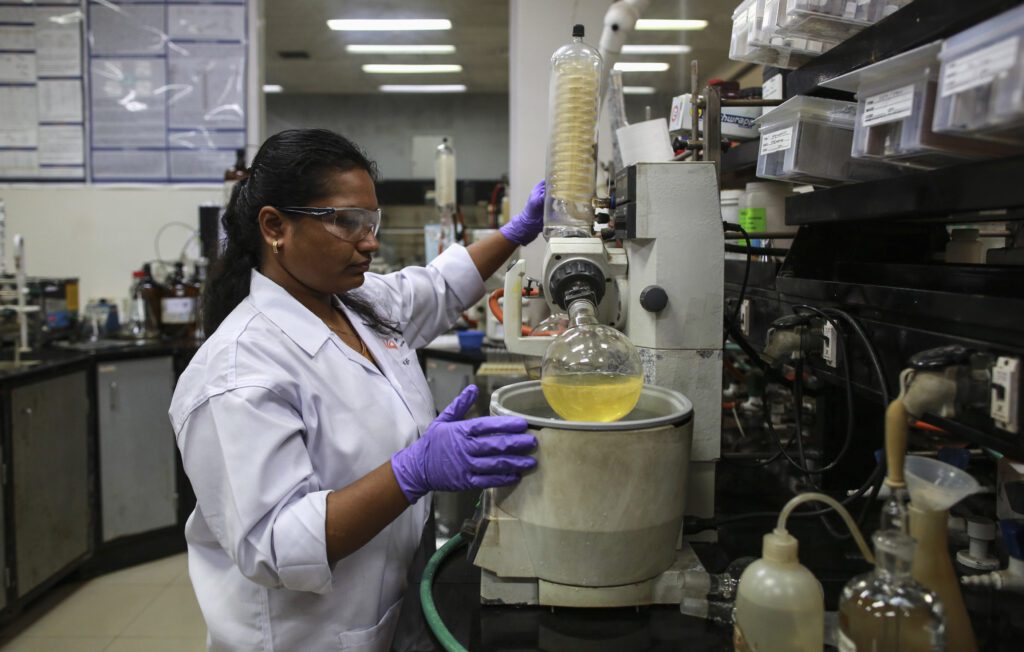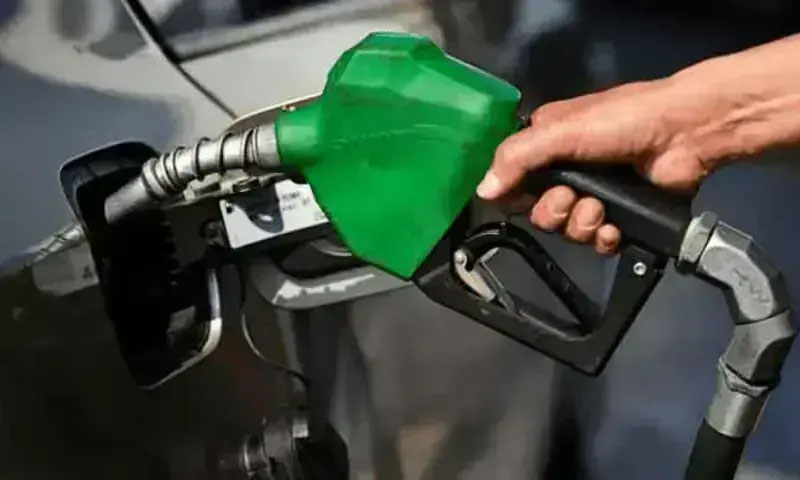- Web
- 7 Hours ago
India finds string of deficiencies among drugmakers after risk tests
-

- Web Desk
- Aug 02, 2023

NEW DELHI, (Reuters): India has found multiple deficiencies among drugmakers following wide-ranging inspections across the industry, including a lack of raw materials testing, the health ministry said on Wednesday.
Indian authorities have stepped up scrutiny of drugmakers in recent months after some cough syrups made in the country were linked to the deaths of at least 95 children overseas.
Recent risk-based inspections of 162 factories and 14 public laboratories found issues including “poor documentation, lack of process and analytical validations, absence of self-assessment, absence of quality failure investigation, (and) absence of internal product quality review”, it said in a statement.
It also flagged an absence of raw materials testing, a lack of measures to avoid cross-contamination, an absence of professionally qualified employees, and faulty design of manufacturing and testing areas.
India‘s $41 billion pharmaceutical industry is one of the biggest globally, known for providing cheaper alternatives to western products, but the recent cough syrup-related deaths have hurt that image.
The government has stopped production at four drugmakers so far after contaminants were flagged in their cough syrups by agencies including the World Health Organization. The companies deny any wrongdoing.
Read More: India’s offer to privatise rocket has 20 potential bidders
The ministry said it has upgraded ‘Good Manufacturing Practices’ under the Drugs and Cosmetics Rules to check the deficiencies found during the inspections.
The upgrade includes the introduction of quality risk management, product quality review, supplier audit and approval, and validation of equipment.
Large drugmakers have been given six months and small manufacturers 12 months to transition to the upgraded manufacturing requirements, the ministry said.
India has tightened its testing of cough syrup exports since June, making it mandatory for companies to obtain a certificate of analysis from a government laboratory before exporting products.




